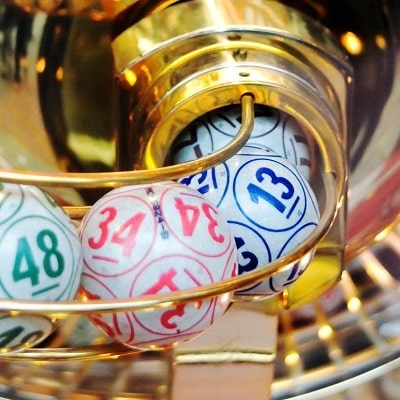
What is Lottery Addiction?
Lottery addiction, often referred to as problem gambling, is a compulsive need to continuously play lottery games despite adverse consequences. This form of behavioral addiction can lead to significant disruptions in personal, familial, and professional areas of an individual’s life. Just as with any other addiction, the person affected often believes they’re in control until the compulsion’s negative impacts become evident.
How Does Lottery Addiction Begin?
The Genesis of an Uncontrolled Habit
Lottery addiction usually starts innocently, with the thrill of a potential win or the excitement of a small success. Therefore, it is recommended to sometimes play other online gambling games, for example at Fenikss casino, to take your mind off the gameplay. Over time, however, this initial excitement transforms into several patterns:
- Chasing Losses: The player starts spending more money in hopes of recovering past losses.
- Fantasizing about Big Wins: The player becomes preoccupied with thoughts of winning big and changing their life dramatically.
- Escapism: For some, playing the lottery becomes a way to escape personal or financial problems.
- Combined, these patterns form a cycle where the individual spends more than they can afford, leading to increased financial strain and emotional distress.

How to Identify Signs of Lottery Addiction?
Red Flags and Symptoms
Recognizing the signs is the first step toward addressing the problem. Here are some key indicators of lottery addiction that Fenikss casino told us about:
- Excessive Spending: Spending money reserved for essentials like rent, groceries, or bills on lottery tickets.
- Secrecy: Hiding lottery play or lying about the amount of money spent.
- Restlessness: Feeling restless or irritable when trying to cut back on lottery play.
- Neglecting Responsibilities: Overlooking daily duties or commitments in favor of playing the lottery.
- Financial Strain: Borrowing money or selling items to afford lottery tickets.
How to Take a Break from Playing the Lottery?
Steps Towards a Healthier Relationship with Gambling
- Self-Exclusion: Many lottery providers offer self-exclusion programs where players can voluntarily bar themselves from playing for a specific period.
- Seek Support: Confide in friends or family and let them know you’re trying to cut back or quit. Their support can be invaluable.
- Professional Help: Consider seeking counseling or joining support groups like Gamblers Anonymous.
- Limit Exposure: Unsubscribe from lottery-related newsletters or promotions and avoid places that sell tickets.
- Budgeting: Allocate a fixed, small sum for entertainment, ensuring you don’t exceed this amount.
Conclusion
Lottery addiction is a serious issue that can have profound effects on an individual’s life. Recognizing the signs and being able to be distracted by other gambling games, be it sports betting or Fenikss casino games, will prevent addiction from developing. With the right resources and support, anyone can break free from the compulsive cycle and regain control over their finances and well-being.
